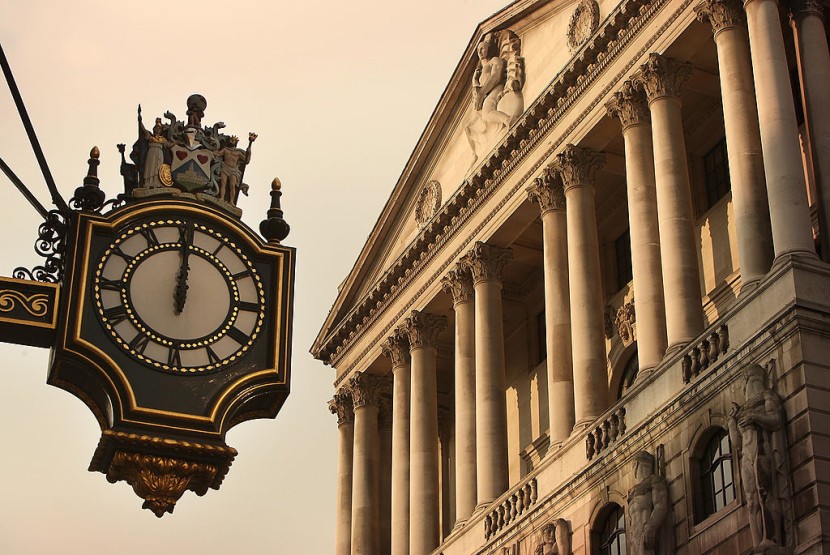
The Bank of England has ended the 14 consecutive interest rate hikes, keeping them unchanged on Thursday, marking the first time in nearly two years.
Data from a day before the announcement showed that inflation in Britain had unexpectedly slowed down. Policymakers at the central bank kept interest rates at 5.25%, the highest since early 2008, pausing the consecutive rate increases.
Bank of England Keeps Interest Rates Steady
However, the decision was close-run, with only five of the bank's nine rate-setters voting to hold the interest rates where they are. In a statement, the central bank governor, Andrew Bailey, said that inflation in the region has fallen a lot in the last few months and noted that they anticipate that it would continue to go down.
Bailey also warned that there is currently no room for complacency, remarks that came as he was among the narrow majority in favor of keeping the interest rates steady. The minutes of the policy meeting said that interest rates need to remain restrictive for enough time so that inflation could go back to the central bank's 2% target, as per the New York Times.
Additionally, officials left the door open for further rate increases if there was evidence of more persistent inflationary pressures. The Bank of England's pause on an interest rate hike comes amid a tumultuous struggle against inflation in the region.
The central bank started its cycle of rate increases in December 2021, placing them from near zero to heights last seen during the 2008 financial crisis. Over time since then, inflation soared much faster than economists anticipated and remained high, even though it is down from its peak of about 11% in October.
Furthermore, policymakers face significant public pressure for allegedly not maintaining a stronger hold over inflation and not anticipating the problem in their forecasts. The central bank said that Ben Bernanke, the former US Federal Reserve chair, will review the bank's forecasting processes.
Closely Monitoring Inflation
The Monetary Policy Committee (MPC) said it would continue to closely monitor indications of persistent inflationary pressures and resilience in the economy. This includes the tightness of labor market conditions and the behavior of wage growth and service price inflation, according to CNBC.
The MPC also voted to cut its stock of UK government bond purchases by roughly $122.6 billion over the next 12 months, down to nearly $740 billion. The core CPI, which excludes volatile food, energy, alcohol, and tobacco prices, dropped to 6.2% from the 6.9% seen in July.
The situation comes as many homeowners are worried about an impending effect on their financial stability. Unlike in the United States, homeowners in Britain lock in mortgage rates for only a few years. This means that those whose deals expire soon know they could face much higher borrowing costs in light of the sharp rise in interest rates over the last few years, said the Voice of America News.








